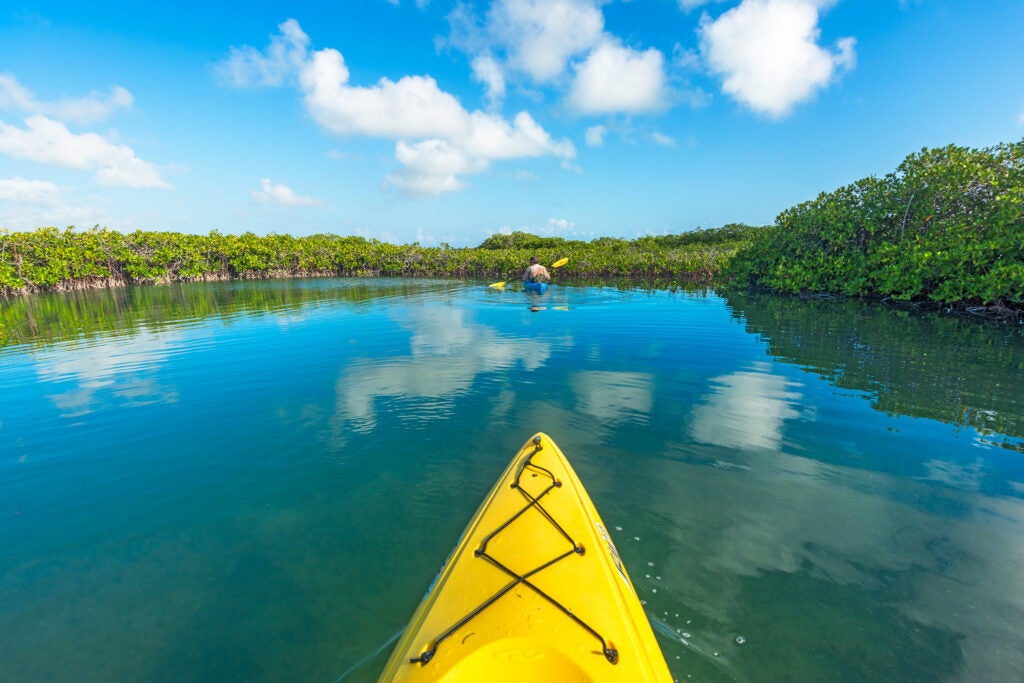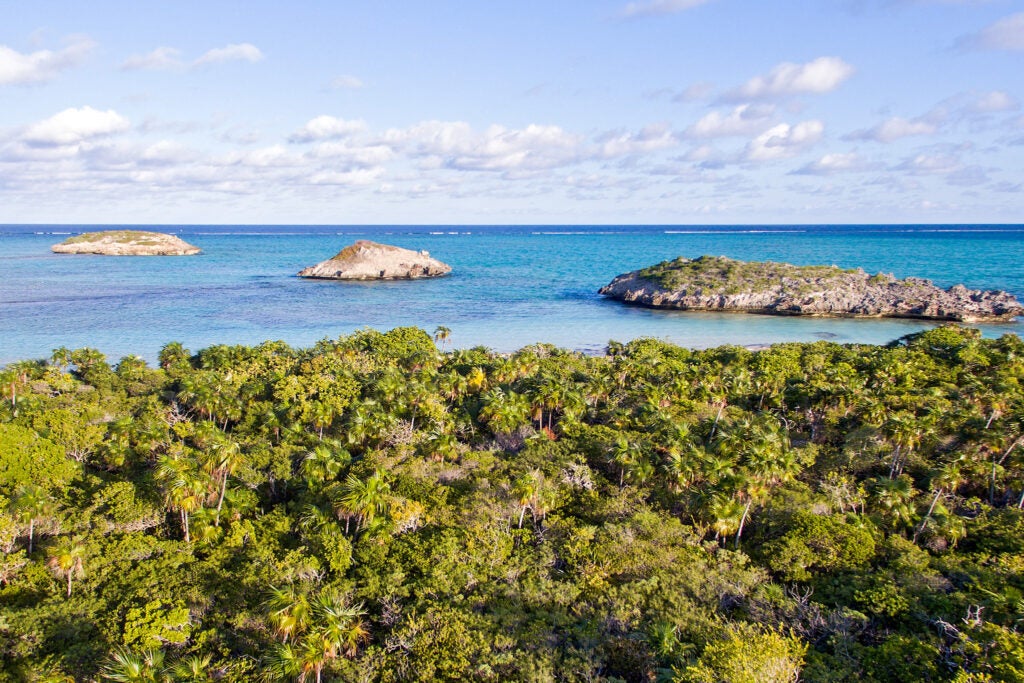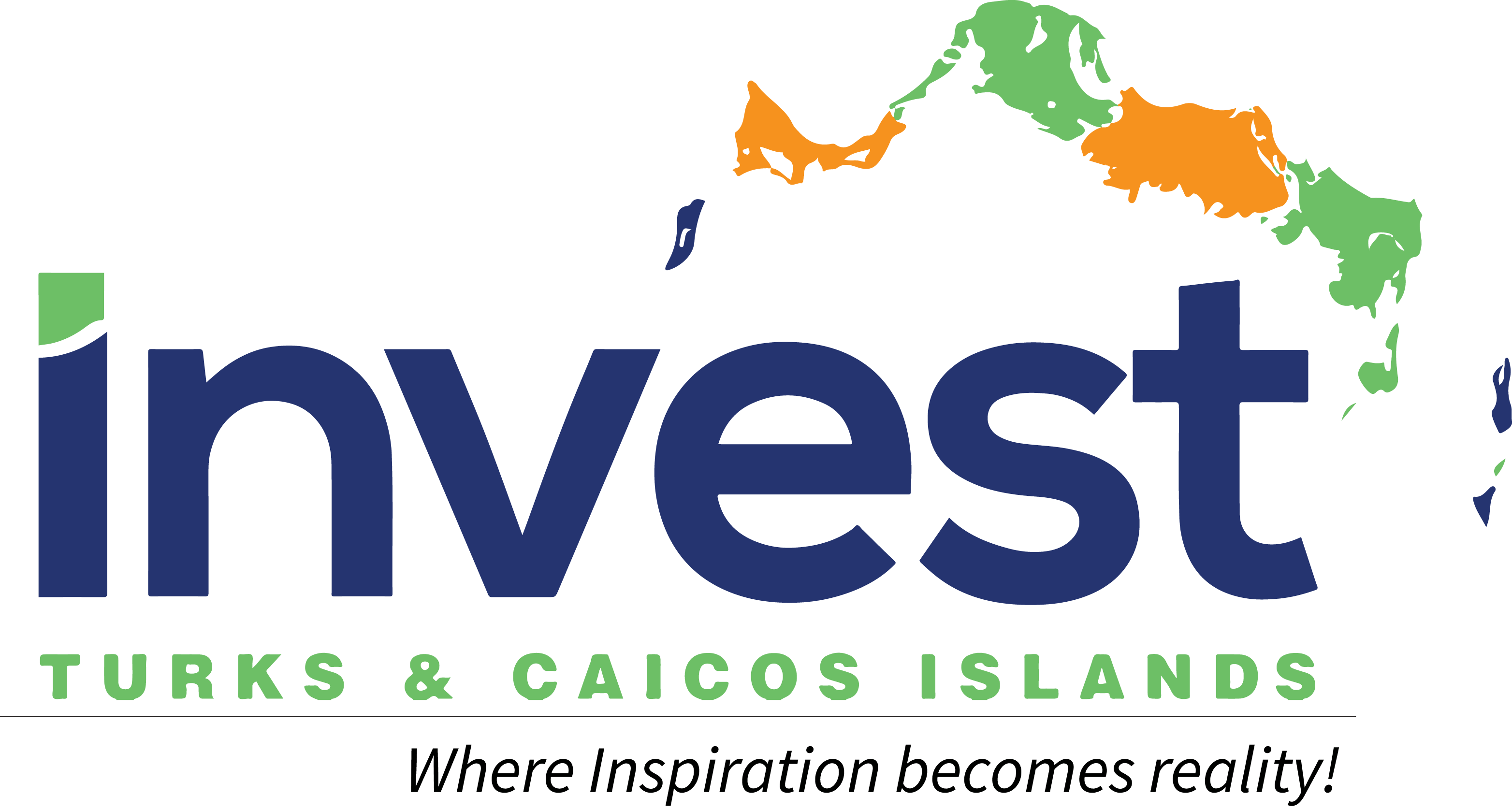
Shock events have a way of forcing action and changing priorities. Sometimes, the changes outlast the return to normality, and other times the lessons are quickly forgotten.
Tourism-dependent economies have been through these cycles repeatedly. The financial crisis in 2007-08 revealed in stark clarity the risk of over reliance on such a temperamental industry as tourism and sparked an increasing focus on economic diversification.
As tourism levels rebounded, governments gratefully refilled their coffers and breathed a sigh of relief. Some diversification efforts stalled, while others carried on.
Then Covid-19 happened and made the crash a decade prior look like a mere dip by comparison. The Caribbean region was particularly hard hit by the shutdown of the global tourism industry. Heavy pre-existing debt levels being carried by many of these island nations compounded the economic emergency. Economic diversification came back to the fore as a strategic priority.
But how easily can it be done? What are the routes to having a resilient economy?
The attraction of foreign direct investment (FDI) is critical, given its ability to bring in new knowledge and new capital and help build up clusters in a range of sectors. Many Caribbean economies are placing increasing focus on agribusiness, blue economy, business process outsourcing, energy, light manufacturing and logistics.
Countries that already have established financial services industries are looking to develop them further and deepen skill groups.
Meanwhile, tourism itself is undergoing a Covid-led transformation, presenting an opportunity to refresh the sector in countries where it is essential to economic health. The pandemic has caused a rethink of the mass tourism model, spurred on by drives towards greater sustainability. Ecotourism is growing in relevance as a result.

Turks and Caicos provides an illustrative example of such diversification efforts. It is the second most tourism-dependent economy in the world after the Maldives, making diversification a top priority. It is going about it in a few ways:
First, regarding tourism itself — which will remain important but change its shape and be supplemented by other sectors — the country is looking to broaden its offer into new segments and geographically spread out the investment opportunities to the country’s outer reaches. The island of Providenciales has been the primary focus of development and many of the country’s 40-plus islands and cays remain untouched by human development. National investment agency Invest Turks and Caicos is promoting investment opportunities around the islands in ecotourism, agritourism and wellness resorts, to compliment and add to the well-established high-end luxury tourism offerings on the main island.
“There is so much untapped potential in the tourism industry,” Invest Turks and Caicos’ CEO Angela Musgrove tells Investment Monitor. “Luxury tourism is our signature tourism product where we have experienced significant growth and have developed a world-renowned product offering through our condo/hotel model, primarily in Providenciales. The need to diversify that product has become an imperative, ripe with prospects for the innovative investor.”
She added: “Beyond the opportunity to expand our product offering to other islands, there are so many possibilities for more niche market service offerings in the tourism market. Among many others, we can offer ecotourism and adventure tourism, as well as heritage and cultural tourism; then there are options for events tourism and sports tourism. We also have a perfect opportunity to expand medical and health tourism in Turks and Caicos. We are looking to develop all these market segments to make our tourism product more diverse to strengthen the future prospects for growth.”

Looking beyond tourism, there are also active efforts to continue development of the country’s second largest sector, financial services — which is a critical plank of the diversification policy. The government is giving financial support to TCI Finance to raise awareness of Turks and Caicos as a financial services jurisdiction.
We are very committed to growing the industry at a time when I think other jurisdictions are encountering some headwind,” says David Stewart, President of the Financial Services Working Group in Turks and Caicos.
The country is looking also to develop new financial services products and build a successful fintech industry. “We have got all of the ingredients to make Turks and Caicos a ‘Mini London’ in the Caribbean based on fintech,” says the Honourable E Jay Saunders, Deputy Premier of the Turks and Caicos Islands, and the minister responsible for investment. “The fintech sector in London provides us with an amazing path that we can follow. We can easily adopt the UK’s laws around fintech, make minimal amendments, and create a fintech environment that mirrors London’s, but with better weather.”
Part of a successful diversification strategy, however, is to still be selective and strategic, and not take a scattergun approach to economic development. Taking a well thought out long-term view is essential to sustainable growth. On this, Musgrove agrees.
“We want investors who are in it for the long term. They have to understand the impact that the investment has on us as a community, and that it is not about just them. We are not looking for investors who are solely looking for short-term gains,” she says. “We are looking to welcome investors whose interests are not tunnel-visioned on the economic benefits of their investment, but whose vision is extended to the impact of their development on the surrounding communities and the socio-economic health of the Turks and Caicos Islands as a country.”


